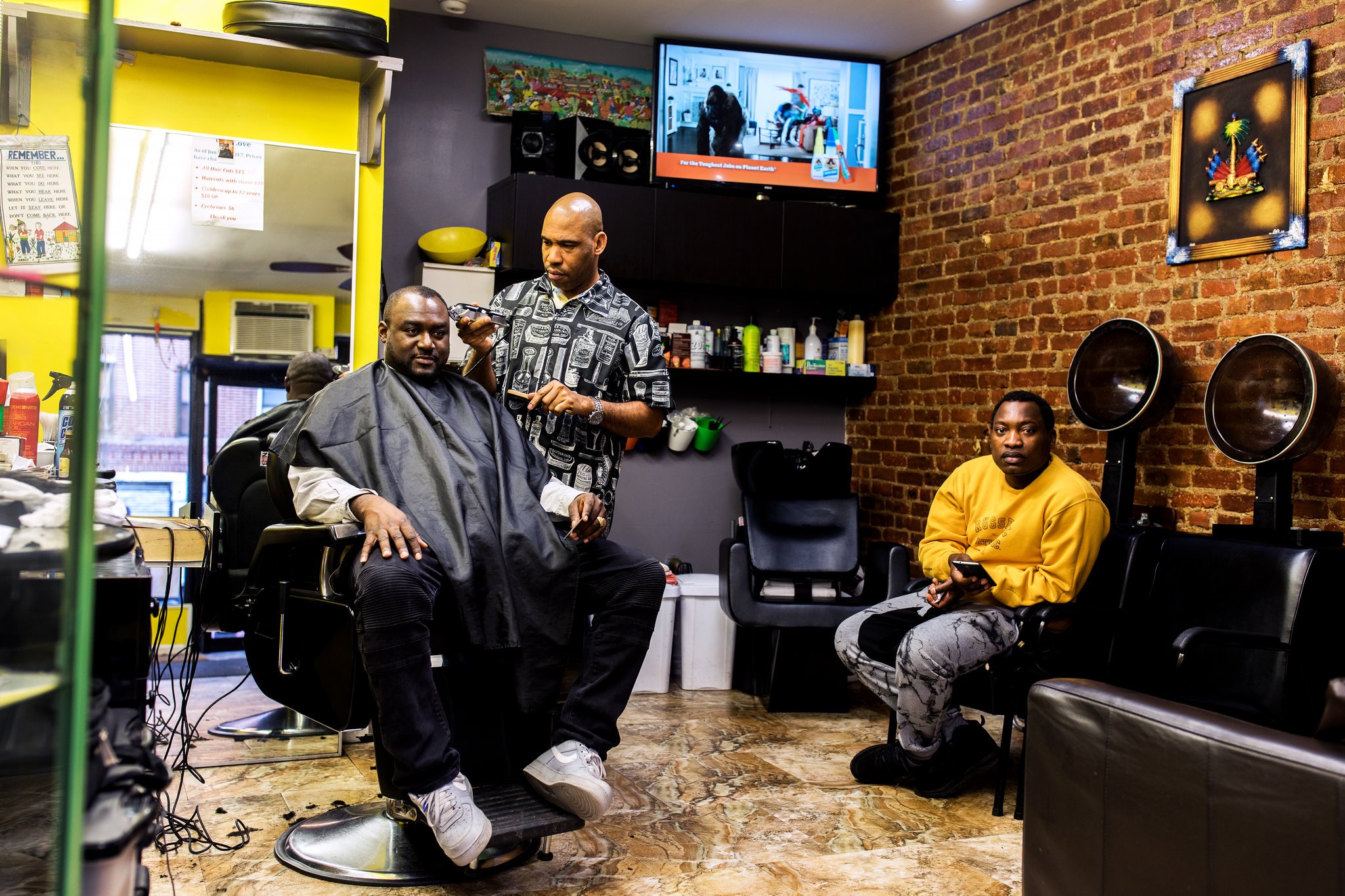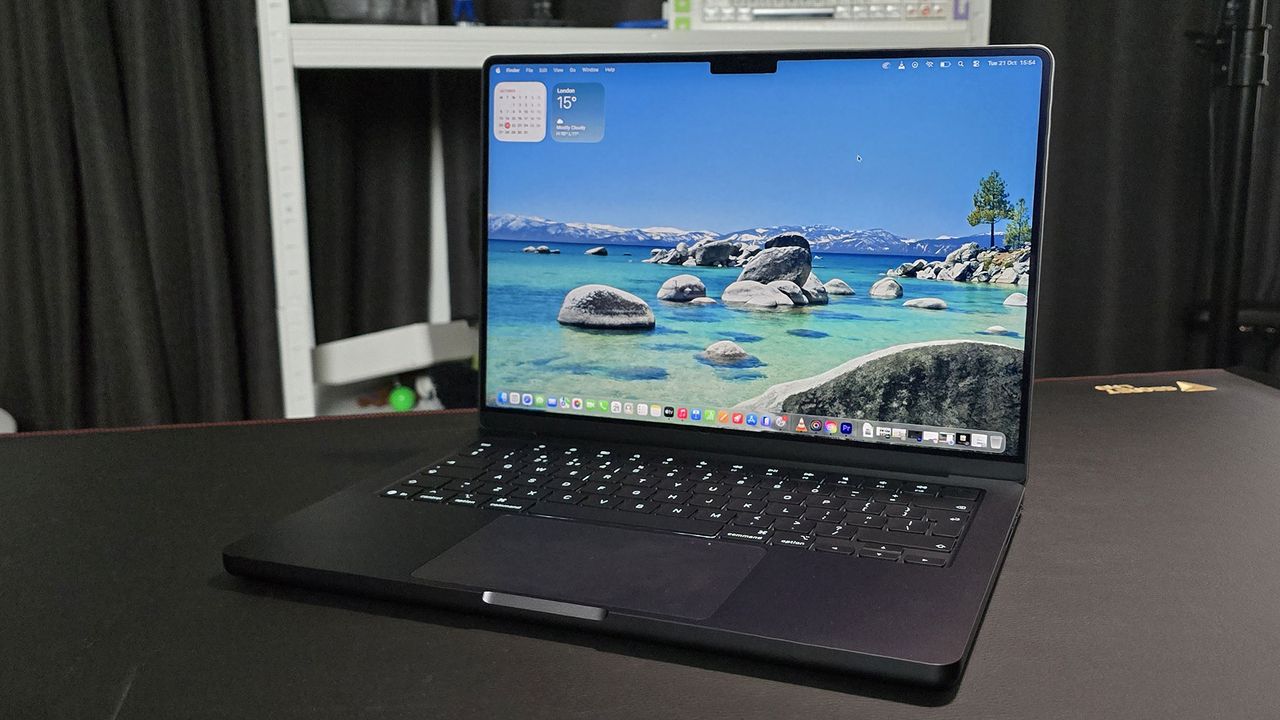
Assembly-member Rodneyse Bichotte (D-Flatbush-Ditmas Park) is leading an effort, which would designate an area in Brooklyn, as the Little Haiti Business and Cultural District. A big reason for wanting this designation is to “foster a strong sense of belonging, security, and pride among residents, businesses, nonprofits and community groups in Flatbush”. This comes not long after President Donald Trump said some pretty derogatory things about Haiti. Is this a way to stick it to him and his policies? Maybe, but the desire comes from a deeper place. People of Haitian descent make up 20% of the Caribbean population in Flatbush, so a designation only makes sense.
This is how many locals feel, but not everyone in the neighborhood agrees. Last year, an area bounded by Flatbush, Church, and Norstrand Avenues were designated as the Little Caribbean cultural district. According to some, this designation would be redundant. According to Bichotte, though, there were plans to make Little Haiti over a decade ago. But with the anger fueled by those comments made by President Trump, members of the Haitian community in Brooklyn and New York State are hoping that City Council makes this designation in May.

Why is this such a big deal? The designation is a recognition of the cultural role that Haitians have played in the city and the country. It’s also a sign that the area’s Haitian community is coming of age. I think it’s important to understand this role a little bit better:
- 1779 – Jean Baptiste Pointe du Sable, the son of a French pirate and a Haitian woman, settles on the western shore of Lake Michigan and opens a trading post at what will later become Chicago.
- 1787 – Pierre Toussaint, a slave from Haiti, became a hairdresser to the rich and powerful in New York City. Toussaint was a devout Catholic, and with his freedom, he ministered the sick during a plague. Toussaint raised money for the first Saint Patrick’s Cathedral in 1809. Toussaint is now a candidate for canonization.
- 1795 – Napoleon’s defeat in Haiti prompts him to sell the Louisiana Territory, which stretches from the Gulf of Mexico to the Great Lakes – greatly expanding the United States’ territory.
- 1829 – Father James Joubert de la Muraille, a French priest and refugee from the Haitian Revolution, persuades two black nuns, Elizabeth Clarisse Lange and Marie Magdelaine Balas, to open a school for black children in Baltimore. They create the first order of black nuns, the Oblate Sisters of Providence.
While some of those aren’t specific to Brooklyn, or New York City, I think it’s safe to say that the United States wouldn’t be a country without the help of Haitians. Think about this for a moment. If Napoleon wasn’t defeated, a large portion of the United States, as we know it, would be French territory. And it doesn’t end there – Haiti continues to enrich our lives without much credit. The dominate Creole culture of New Orleans, the modern dances of the choreographer Katerine Dunham, Graham Greene’s novel “The Comedians”, the paintings of Jacob Lawrence. These are all examples of Haiti’s influence in America culture.

But some of the most direct examples of Haitian contributions to American culture come from the thousands of immigrants. In the late 1950s, a significant group of educated Haitians – doctors, lawyers, engineers – fled the oppression of the Duvalier regime and assimilated into the social fabric of New York City – particularly in Brooklyn.
To many, this probably doesn’t seem like a lot. But the truth is, Haitians have played an incredibly large part in the development of the nation. Regardless of what Donald Trump thinks of the nation, the Haitian community all over the United States, and particularly in Brooklyn is incredibly strong. Little Haiti already exists, and it’s my hope that they receive the designation that they are looking for.



![Apple Watch Ultra: The best Apple Watch I do not need [Video]](https://9to5mac.com/wp-content/uploads/sites/6/2026/01/AWU-FI.jpg?quality=82&strip=all&w=1600)